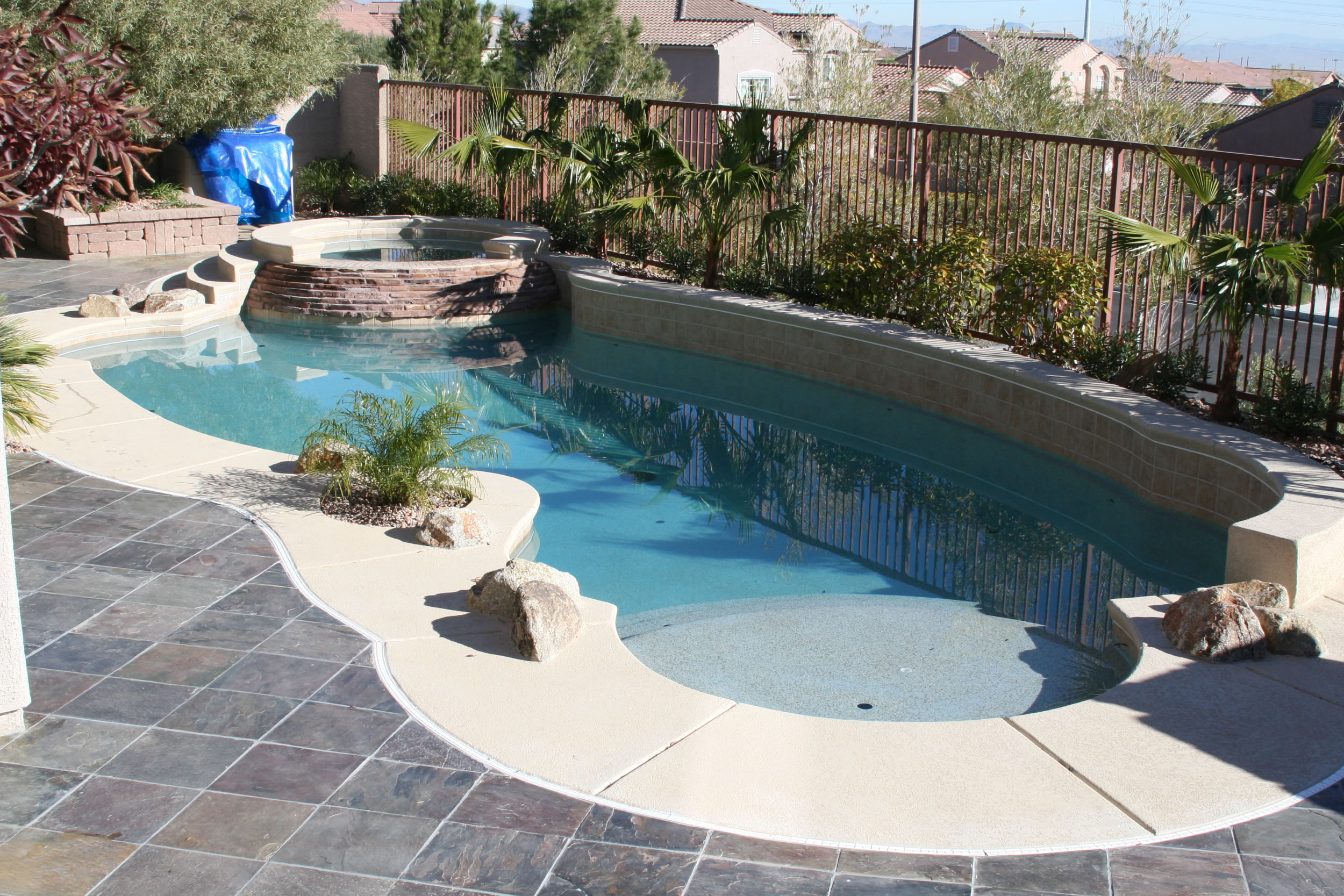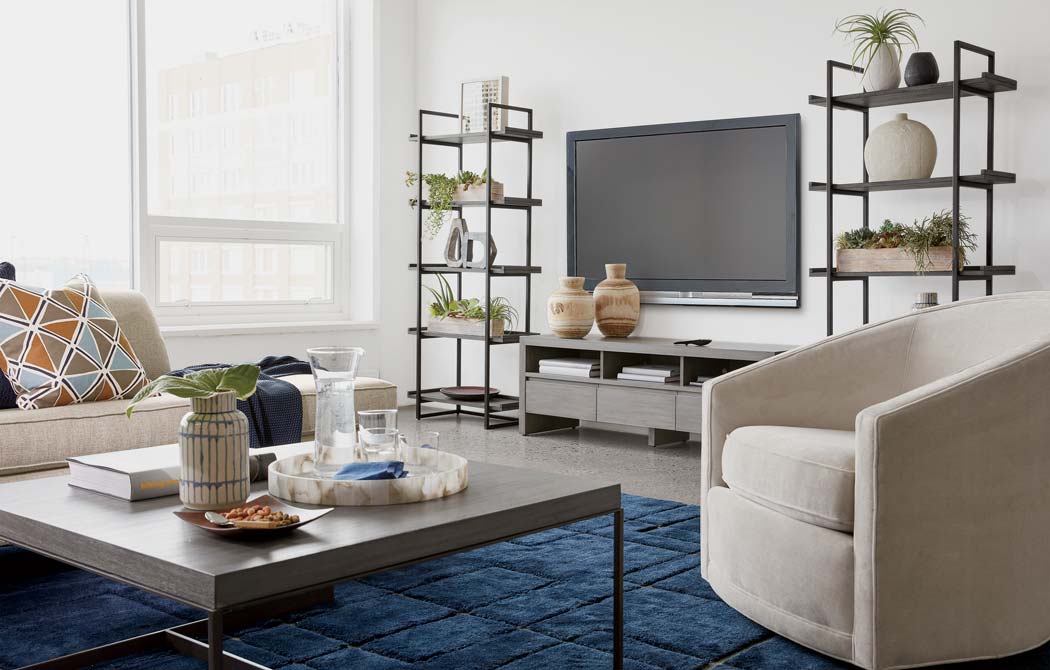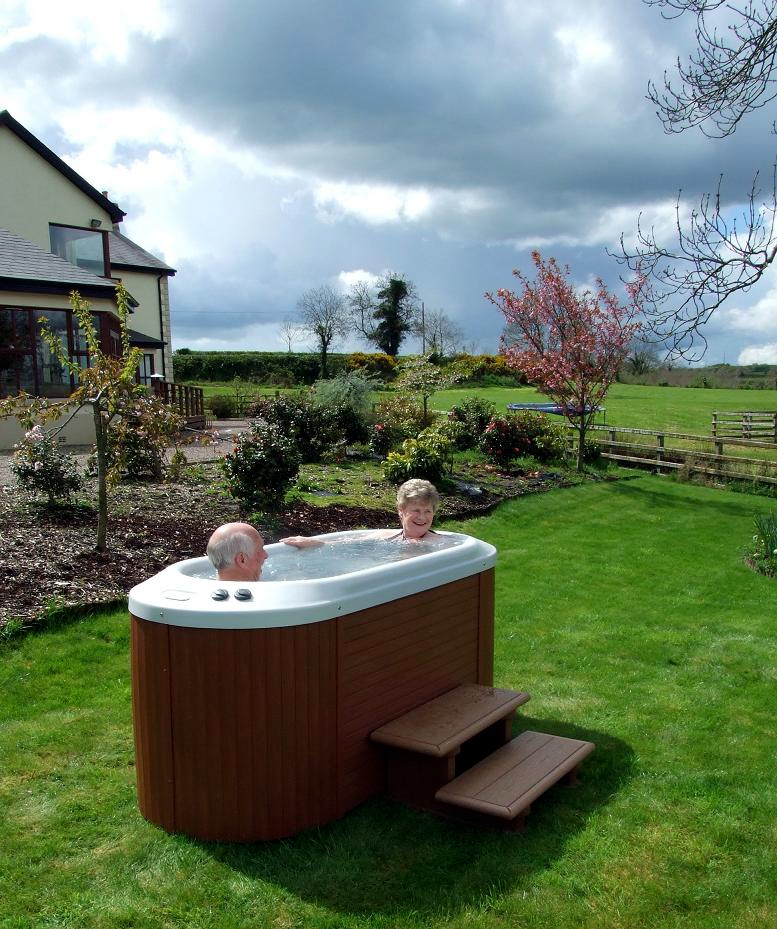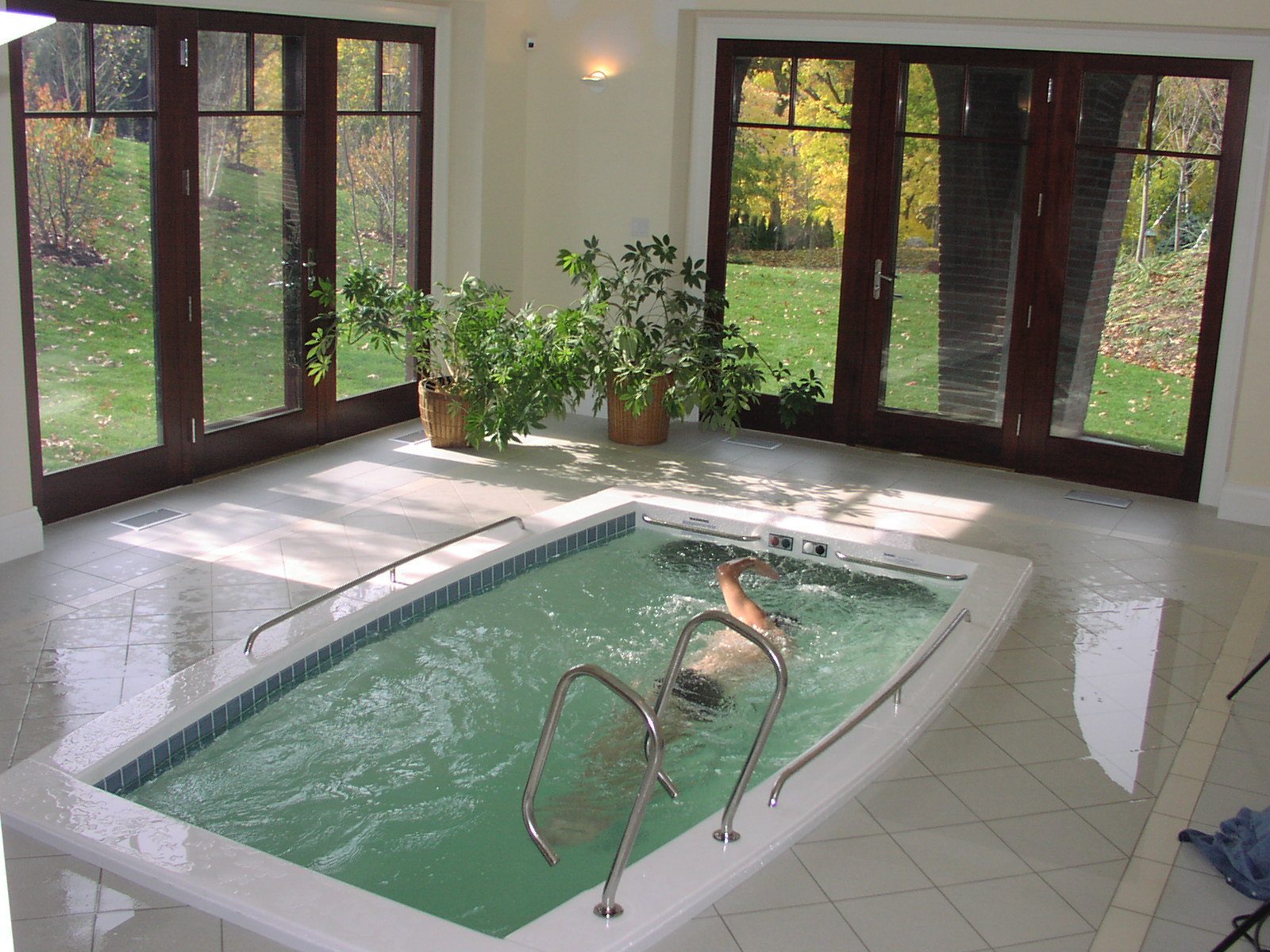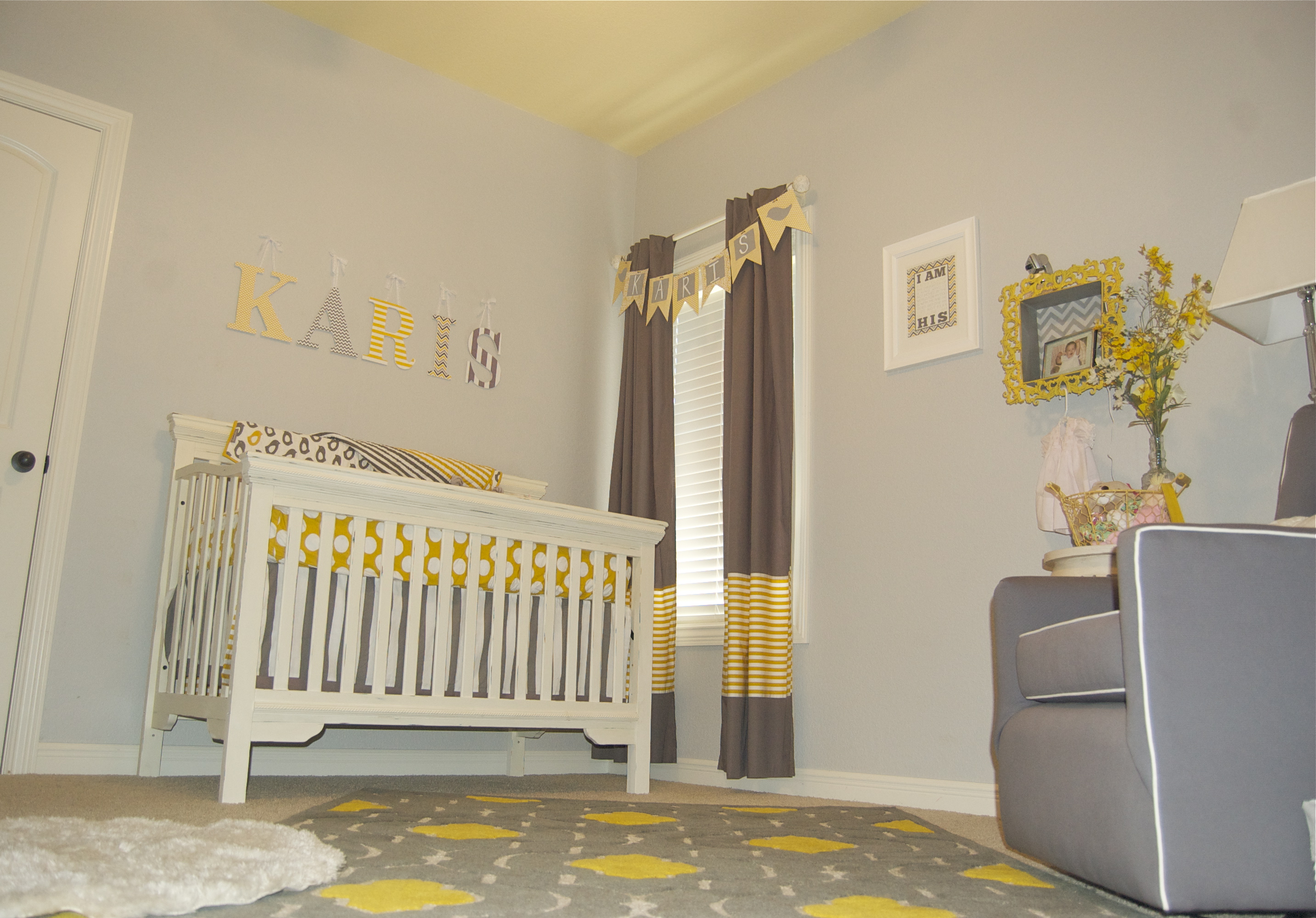Most bamboo plants can grow to over 98 feet in length and have a diameter of 12 inches. Material to be separated and filtered.
Screening With Plants, Many plants can become screens. Certain types of clematis (marked group 3 on the plant label) will cover a trellis or pergola in quick time too if you cut the ends back in early spring to encourage thicker growth. Evergreens looks extremely beautiful in any season, they are the perfect background for blooming flowers in warm weather and in winter they stand out in the white of the snow.
Because this plant grows tall and narrow, it’s perfect for planting in a row to create a screen, as shown by the patio space below. All plants differ in growing requirements, some require shade others sun, some need moisture and others are drought tolerant, however other factors. Plants for screening include pleached hornbeam trees to form a top layer and evergreen conifer hedges at midlevel, plus low boxwood borders to define planting beds. Plants are a great way to create privacy and screening and can even draw the eye towards a specific feature in the garden.
The 7 Best Trees And Shrubs For Privacy Screening In Your from Decorating-Ideas and Viral Category
Most bamboo plants can grow to over 98 feet in length and have a diameter of 12 inches. Many plants can become screens. Screening is the first treatment station, both for surface and wastewater. Fine screens must be automated. The layered strategy is particularly effective at creating maximum screening in a compact space. So, choosing the bamboo plant for a screen based on size is a personal preference.

Screening trees create privacy for an overlooked garden on, Plants for screening include pleached hornbeam trees to form a top layer and evergreen conifer hedges at midlevel, plus low boxwood borders to define planting beds. Screening plants grow swiftly, provide privacy, and elevate the look of a home. Qld, nsw, act, vic, tas, sa & wa. Making a privacy screen with plants is one of the most practical things.

Privacy with Plants The Garden Glove, There are many benefits to using screening plants as a natural barrier for privacy and reducing neigbourhood noise. Property size and space will also impact your plant choices, so the table is divided into plants suitable for large scale and small scale screens. Studies reported that secondary metabolites such as alkaloids, flavonoids, tannins, terpenoids that are present in these plants.

Plant & Ornament Hire Privacy plants, Outdoor privacy, Choose from one of these fast growing popular tried and proven screening plants. Screens with a variety of plants are more resilient to diseases, pests, and climate challenges. Finally, deciduous plants are included for situations where summer screening for privacy is the main goal. Screening and hedging are very similar concepts, with one notable difference: Plants for using plants to.

Pin on Architectural, Screening plants are wonderful in any garden thanks to their ability to block out unsightly and unwanted elements such as neighbours, sheds, rubbish bins and tanks. Property size and space will also impact your plant choices, so the table is divided into plants suitable for large scale and small scale screens. Finally, deciduous plants are included for situations where summer.

11 Window Privacy Options Top Privacy Ideas for Your, Whatever the reason, time taken in choosing the plants for the purpose will pay. Plants are a great way to create privacy and screening and can even draw the eye towards a specific feature in the garden. Finally, deciduous plants are included for situations where summer screening for privacy is the main goal. Privacy hedges are dense, evergreen, and you.

The 7 Best Trees And Shrubs For Privacy Screening In Your, Plants for screening include pleached hornbeam trees to form a top layer and evergreen conifer hedges at midlevel, plus low boxwood borders to define planting beds. Different deck bar spacing allows the separation of material into different sized products. There are many benefits to using screening plants as a natural barrier for privacy and reducing neigbourhood noise. Screening plants are.

Screening Plants, They take up less space than a hedge, so are a good choice for smaller gardens and courtyards. Property size and space will also impact your plant choices, so the table is divided into plants suitable for large scale and small scale screens. They are also less formal, and can change with the seasons, which means they give interest throughout.

Best Bamboo Screening Plants Species to Use Right Now, Screening is the first treatment station, both for surface and wastewater. Another important consideration is the environmental sensitivity requirements that your bamboo screening plants might need over time. Privacy hedges are dense, evergreen, and you cannot see through them, while screening plants provide privacy in summer and allow light through in the winter. So, choosing the bamboo plant for a.

Plants for Walls and Privacy Screens, Pleached hornbeams (carpinus sp.) boxwood (buxus sp.) Our most popular plants used for screening are: Another important consideration is the environmental sensitivity requirements that your bamboo screening plants might need over time. Plants that can be used to create a screen or barrier are much in demand, and with so many plants marketed as screening plants it can become a.

Tulsa Landscapers Screening with plants…Tulsa, Whatever the reason, time taken in choosing the plants for the purpose will pay. Studies reported that secondary metabolites such as alkaloids, flavonoids, tannins, terpenoids that are present in these plants might confer to its antimicrobial activity (gayathri gunalan et. The layered strategy is particularly effective at creating maximum screening in a compact space. All plants differ in growing requirements,.

DIY Outdoor Screens and Backyard Privacy Ideas • The, The layered strategy is particularly effective at creating maximum screening in a compact space. 233 listings, new and used, track or wheeled, multiple decks, screeners for separating topsoil, compost, rock, mulch, sand, gravel, aggregate, wood chips, loam, and more. Screening plants grow swiftly, provide privacy, and elevate the look of a home. Property size and space will also impact your.

Artificial plants used for Screening Plants, A variety of options are provided in the list below. Plants have always been used to create shelter, offer privacy or screen out unwanted views, define boundaries and divide the space within. Screening plants grow swiftly, provide privacy, and elevate the look of a home. Leyland cypress is a popular privacy fence choice. Some, such as bamboo and grasses, are.

Green Wall for your office Why Vertical Wall Gardens are, Privacy hedges are dense, evergreen, and you cannot see through them, while screening plants provide privacy in summer and allow light through in the winter. All plants differ in growing requirements, some require shade others sun, some need moisture and others are drought tolerant, however other factors. Our most popular plants used for screening are: Plants have always been used.

Best Screening Plants Hedges for Screening, Plants for screening include pleached hornbeam trees to form a top layer and evergreen conifer hedges at midlevel, plus low boxwood borders to define planting beds. Because this plant grows tall and narrow, it’s perfect for planting in a row to create a screen, as shown by the patio space below. Screening is the first treatment station, both for surface.

21 Inspired Privacy Screens for Residential Neighborhoods, There’s nothing like the tall, stately silhouette of a cypress tree. Prioritize native plants and avoid invasive ones such as bamboo and japanese barberry. As long as the screen achieves the desired effect and looks attractive, anything goes. Plants have always been used to create shelter, offer privacy or screen out unwanted views, define boundaries and divide the space within..

Add Privacy to Your Garden or Yard with Plants Do it, Full sun to part shade. Automation is essential in situations where large amounts of plant matter are carried by the water and arrive all at once at the bar screen, tending to mat the bars and completely clogging the screen in a few minutes. Most bamboo plants can grow to over 98 feet in length and have a diameter of.

12 Best Privacy Plants for Landscaping Your Garden and, They provide shade and a softened visual wall for privacy. Material to be separated and filtered. As long as the screen achieves the desired effect and looks attractive, anything goes. Plants that can be used to create a screen or barrier are much in demand, and with so many plants marketed as screening plants it can become a little difficult.

Top Screening Plants for your Garden and Hedging Shrubs, Leyland cypress is a popular privacy fence choice. Because this plant grows tall and narrow, it’s perfect for planting in a row to create a screen, as shown by the patio space below. All plants differ in growing requirements, some require shade others sun, some need moisture and others are drought tolerant, however other factors. Plants for using plants to.

Privacy with Plants The Garden Glove, Qld, nsw, act, vic, tas, sa & wa. Plants for screening include pleached hornbeam trees to form a top layer and evergreen conifer hedges at midlevel, plus low boxwood borders to define planting beds. Screening is the first treatment station, both for surface and wastewater. Making a privacy screen with plants is one of the most practical things you can.

10 Privacy Plants For Screening Your Yard In Style, Plants have always been used to create shelter, offer privacy or screen out unwanted views, define boundaries and divide the space within. There’s nothing like the tall, stately silhouette of a cypress tree. They take up less space than a hedge, so are a good choice for smaller gardens and courtyards. [from exterior worlds] a wall of cypress trees borders.

18 Attractive Privacy Screens for Your Outdoor Areas OMG, Finally, deciduous plants are included for situations where summer screening for privacy is the main goal. Page 2 of screening plants listings. They provide shade and a softened visual wall for privacy. Screening and hedging are very similar concepts, with one notable difference: Whatever the reason, time taken in choosing the plants for the purpose will pay.

What Bamboo Is Best for Privacy Screens? Bamboo Plants HQ, Whatever the reason, time taken in choosing the plants for the purpose will pay. Plants have always been used to create shelter, offer privacy or screen out unwanted views, define boundaries and divide the space within. Fine screens must be automated. Our most popular plants used for screening are: Page 2 of screening plants listings.
Planting a Privacy Screen Landscaping Network, Plants that can be used to create a screen or barrier are much in demand, and with so many plants marketed as screening plants it can become a little difficult sometimes to select the right plant. Screens with a variety of plants are more resilient to diseases, pests, and climate challenges. Many plants can become screens. Pleached hornbeams (carpinus sp.).

Top 5 screening plants for your garden**‘Leighton Green, Evergreens looks extremely beautiful in any season, they are the perfect background for blooming flowers in warm weather and in winter they stand out in the white of the snow. Plants that can be used to create a screen or barrier are much in demand, and with so many plants marketed as screening plants it can become a little difficult.

Plant Screen Plants, Plant wall, Screen plants, Prioritize native plants and avoid invasive ones such as bamboo and japanese barberry. Making a privacy screen with plants is one of the most practical things you can do with your container gardens. Certain types of clematis (marked group 3 on the plant label) will cover a trellis or pergola in quick time too if you cut the ends back.



